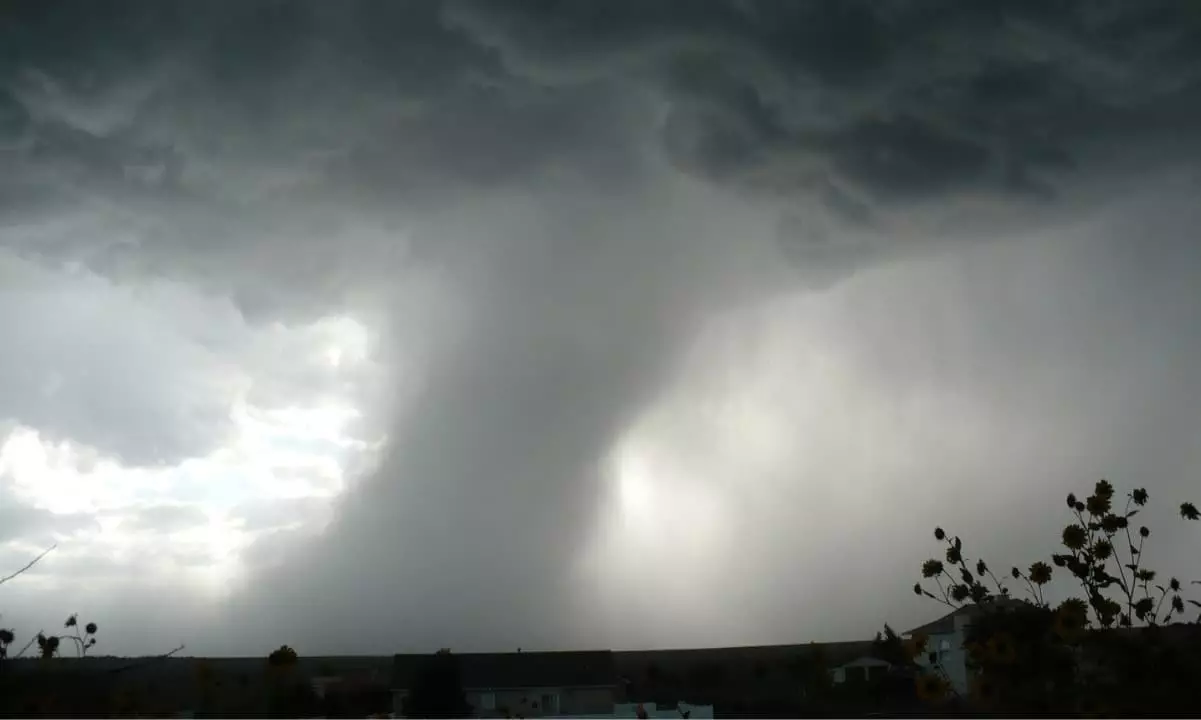In recent days, the cryptocurrency landscape witnessed a notable event involving TORN, the native token of the controversial crypto mixing service Tornado Cash. This digital asset experienced a significant price surge after a court ruling that overturned prior sanctions imposed on Tornado Cash by the U.S. Treasury Department’s Office of Foreign Assets Control (OFAC). The ruling not only attracted attention from traders but also reignited discussions about the regulatory challenges facing crypto technologies.
The troubles for Tornado Cash began in August 2022 when it was designated a sanctioned entity due to allegations that the platform facilitated the laundering of over $455 million in stolen cryptocurrencies by the Lazarus Group, a North Korean-linked cybercriminal organization. As a direct consequence of these claims, one of Tornado Cash’s developers, Alex Pertsev, was arrested in The Netherlands and subsequently found guilty of money laundering—resulting in a five-year prison sentence. His arrest signaled a broader crackdown on the platform and raised questions about the legal implications of software development and code sharing in the crypto space.
Shortly thereafter, co-founder Roman Storm was also apprehended, facing serious charges which included conspiracy to commit money laundering. With his trial not set until 2025, Storm has articulated his plight as a misuse of legal authority against developers of open-source software, urging that writing code should not constitute a criminal offense.
The tides began to turn as a group led by crypto advocate Joseph van Loon filed a lawsuit against the U.S. Treasury and other officials. This group contended that Tornado Cash, as a piece of software, could not be sanctioned in the same way a person or entity could be. Their perspective aligned with the appellate court’s ruling issued in November 2024, which stated that the immutability of Tornado Cash’s smart contracts precluded it from being categorized as “property” under the International Emergency Economic Powers Act (IEEPA)—the legal basis for the sanctions.
This legal affirmation led to a temporary resurgence of the TORN token. After initially trading around the $9.50 mark on January 22, it witnessed a staggering 140% increase, peaking at over $25. However, as the excitement cooled, TORN settled back to around $17—a significant, yet comparatively lower, valuation. With a market capitalization exceeding $68 million, the token’s ambitious leap nonetheless outperformed the broader market, which remained stagnant with only a 1.8% increase during the same timeframe.
This unfolding narrative raises critical questions about the nature of cryptocurrency regulation and the treatment of software platforms versus traditional businesses. The distinction made by the court suggests a potential pivot in how regulatory bodies may need to approach software that operates autonomously without any human engagement—potentially paving the way for a more nuanced understanding of cryptocurrencies and blockchain technologies.
Furthermore, the implications of these legal rulings stretch beyond Tornado Cash, as they may set a precedent for how similar platforms are treated in the future. As developers like Storm fight to disentangle their innovations from criminal allegations, the overall crypto community watches closely, hoping for more favorable rulings that could enhance the legitimacy of decentralized finance technologies.
While the recent developments have sparked optimism among investors, the journey ahead for TORN remains uncertain. The recent surge demonstrates the market’s potential responsiveness to positive legal outlooks, but it is tempered by awareness of ongoing legal struggles faced by its founders. The evolving dynamic between innovation in the cryptocurrency space and regulatory oversight continues to be a contentious area that calls for careful navigation.
As Tornado Cash attempts to rebuild from its legal and reputational turmoil, stakeholders will undoubtedly continue examining the implications of this case on future cryptocurrency regulations. The ability of TORN to sustain its value and regain trust in a highly volatile environment will ultimately depend on the outcomes of legal proceedings and broader acceptance of decentralized finance technologies in the regulatory landscape. Thus, Tornado Cash’s evolution may serve as both a cautionary tale and a beacon of hope in the world of cryptocurrencies.

